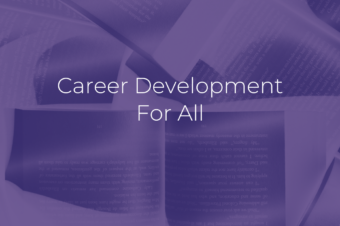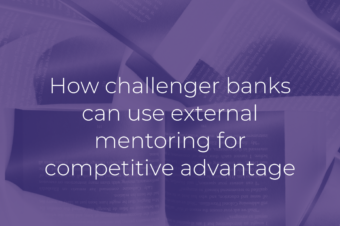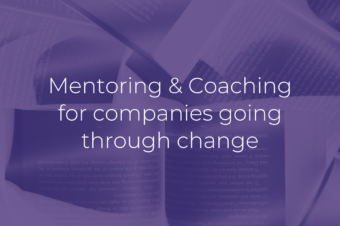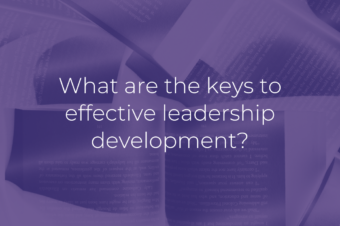
Our partner Fuel50 conducted research on current talent mobility experiences, best-in-class talent mobility, and the imperatives for talent mobility in the future across high-performing organisations around the world.
The war for talent
There’s a global talent shortage. To meet the challenges presented by ‘the war for talent’ it is crucial to understand what drives employee engagement.
Talent mobility
The most engaged employees were from organisations that:
- Prioritised career development – reskilling, upskilling, and initiatives to improve capabilities across the workforce.
- Gave employees access to career resources and learning – including incentives for acquiring and developing new skills, can create career journeys, map to future opportunities, and understand skills gaps.
- Provided access to learning opportunities where employees feel part of an open learning culture surrounded by valuable experiences.
L&D initiatives
The most common learning and development offered to employees are online, classroom, and blended learning with 90% of respondents making training their focus.
Room for improvement
A shocking 50% of employees said it is easier to find a new job outside of their organisation than inside. We need to do better. If an employee believes their organisation prioritises, values, and rewards learning, they are more likely to have high levels of engagement. Engagement drives retention and enhanced organisational performance. There are clear bottom line business benefits for organisations with effective employee career development strategies in place.
Six key levers to drive employee engagement
- Value employees – Employees want to feel connected, valued, and that they belong. They want to be able to present their authentic selves at work.
- Visibility – HR leaders need visibility to their talent bench strength.
- Prioritise – Employee development is a strategic priority for the majority of organisations.
- Lead the learning – Active leadership involvement in employee development leads to increased business performance.
- Learning culture – The strongest relationship between employee engagement and creating a working environment where employees could and were encouraged to learn.
- Recognition– We have a fundamental need for recognition; and, in the context of work, it is this which confirms to an employee their work is valued by others. When employees feel that they and their work are valued, their satisfaction and productivity levels rise, and they are motivated to maintain or improve their contributions. Learning is such a critical component to organisational success, so recognising and rewarding it is critical in supporting the development and maintenance of a learning culture
Best practice
Invest more in training and development to achieve powerful bottom-line business gains. Employees are looking for different things from the relationship with their employer or organisation than they were in the past
Personalised career development ensures a broad talent base that adds value, while enabling an organisation where people want to work because they have access to opportunities to gain valuable skills and experience to support their future.
People first
At 10Eighty, we firmly believe that if you give your people the tools they need to navigate their personal career development journey with you, it will drive employee engagement, boost retention, and future-proof your organisation.
Top takeaways:
“70% of respondents say senior leaders talk about reskilling, upskilling, or improving capabilities in the workforce. Talking about reskilling isn’t enough, leaders need to take action to support their people.”
“Retention of your brightest and best is predicated on whether your organisation prioritises employee learning, career development, and growth. If an employee sees those opportunities they are more likely to stay.”
“70% of HR leaders say developing the skills and capabilities of employees is important to their organisational strategy. Sadly, only 41% are confident that they have sufficient internal talent to achieve their organisation’s strategic objectives.”
“50% said they need to improve their representation of employees from diverse backgrounds at the management level and this climbed to 70% at senior management and executive levels.”
.
Download our Purple Paper here.








